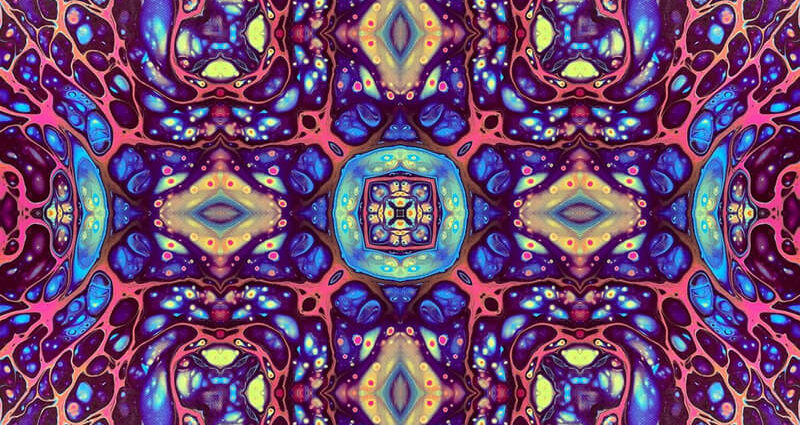Now more than ever, people are recognizing the collective consciousness present within humanity. One such example of this is the phenomenon known as the Mandela Effect, also known as confabulation, wherein people experience alternate memories or alternate histories, only to find a global fact that they previously believed to be true is, in fact, false. One interesting aspect of the Mandela Effect is that many people find that they had shared the same memories as many other individuals.
The term “Mandela Effect” is named after an especially common example; many people claim to remember that Nelson Mandela passed away in prison during the 1980’s when, in fact, he went on to live many years after his release. Other examples include celebrity deaths that have not taken place yet, or hadn’t at the time of the collective memory of their death, an apparent shift in geographical locations and details in books and movies which appear to have changed.
Perhaps the most well known example of the Mandela Effect is the case of the Berenstain Bears. Many folks remember this childhood series of books and television shows as a youthful favorite. However, of those people that remember these lovable bears, a good percentage of us remember a different spelling of their name. As a child, I very clearly remembered seeing the “Berenstein Bears” on the cover of my bedtime stories. Many others also share this memory, however no amount of research will uncover any explanation or confirmation of this shift in spelling. It is simply a false memory, shared by hundreds of people, if not more.
There are many theories about what causes the Mandela Effect. Of the two leading theories, the first posits that we are somehow sliding in between parallel realities. Another theory suggest that we are experiencing some sort of glitch in our reality. We may never know exactly what causes this phenomenon. Have you experienced a moment of false memory? Share your stories and experiences with the Mandela Effect in the comments section below.

